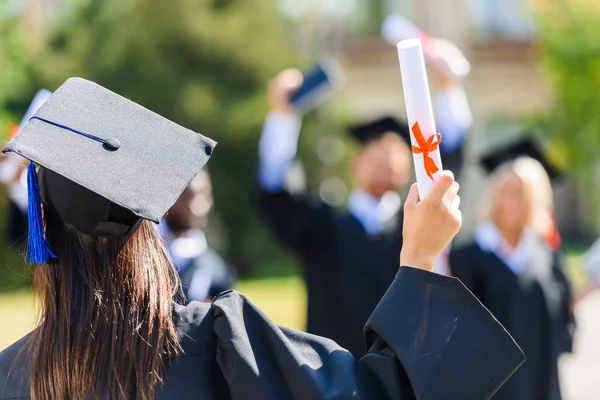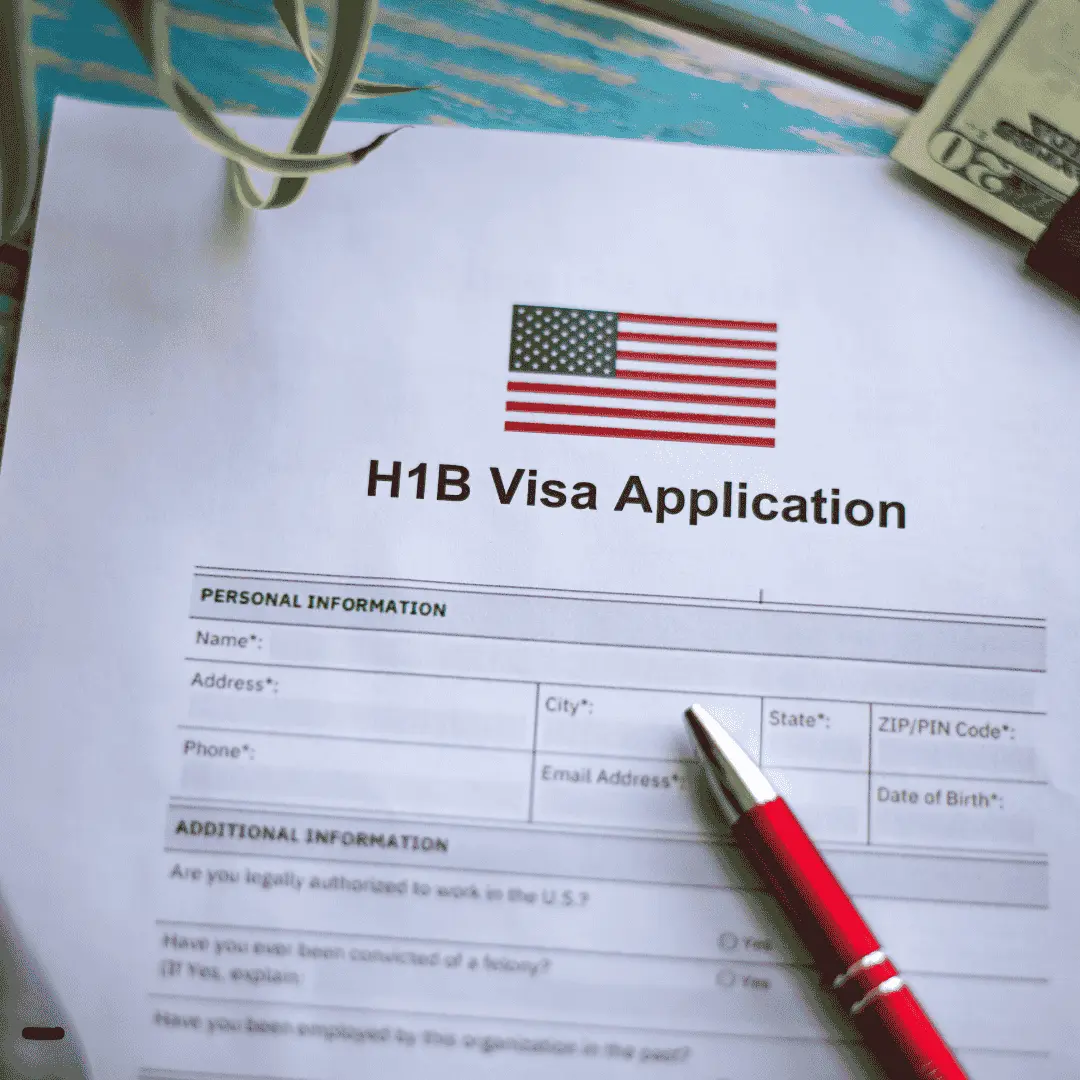The U.S. State Department has rolled out new visa renewal regulations effective September 2, 2025, significantly limiting interview waivers for nonimmigrant visa renewals. This means thousands of international students, professionals, and travelers who previously renewed visas without interviews will now be required to attend in-person appointments at U.S. embassies and consulates worldwide.
What Changed in the 2025 U.S. Visa Renewal Policy
In the past few years, interview waivers made renewals easier for F-1 students, J-1 exchange visitors, and H-1B workers. However, the 2025 policy update reverses that flexibility. Now, most applicants will no longer qualify for automatic waivers and must appear in person for an interview.
“We’re seeing a tighter immigration landscape in 2025,” says Dr. Anil Palla, Founder and CEO of UniversityHub. “Students must prepare early for travel plans and visa renewals to avoid academic disruption.”
Learn more about visa-friendly universities and U.S. study opportunities at UniversityHub.com.
Visa Categories Affected
Applicants holding the following visas must now attend an interview for renewal:
F visas – Academic students
J visas – Exchange visitors
M visas – Vocational students
I visas – Media and journalist visas
H-2A/B visas – Seasonal workers
H-3 visas – Trainees
P-3 visas – Artists, entertainers, and performers
H-1B visa holders returning to the same employer may still qualify for limited waivers — but transfers or new employment will require a full interview.
“For students on F-1 or J-1 visas, planning ahead is critical,” adds Dr. Palla. “Delays at consulates are expected, and students should factor in additional time for processing.”
Changes for Children and Senior Applicants
Children under 14 are no longer automatically exempt from interviews. Applicants aged 80 and above may still qualify for waivers, depending on prior visa history and records.
How These Changes Impact International Students
For F-1, J-1, and M-1 visa holders, the new policy means mandatory in-person interviews for renewals, potential delays in visa stamping, and longer wait times due to higher embassy workloads. Students currently studying in the U.S. should plan visa renewals at least 2–3 months before international travel.
Expert Tips for a Smooth Visa Renewal
Check Embassy-Specific Policies: Requirements can differ by country — always confirm your local consulate’s latest updates.
Organize Documents Carefully: Keep your I-20, SEVIS records, employer letters, and transcripts ready.
Book Interviews Early: Expect longer processing times due to reduced waiver eligibility.
Know Waiver Limitations: Even if you technically qualify, the consulate may still require an interview.
For personalized visa guidance and university support, visit UniversityHub.com — a trusted platform for international students pursuing U.S. education.
Key Takeaways
Interview waivers are now restricted for most visa categories starting September 2025.
Students and professionals should factor in additional interview time when planning travel.
Proper planning and using trusted resources like UniversityHub can help you stay compliant and confident.
FAQs on U.S. Visa Renewal 2025
1. Do I still qualify for a visa interview waiver?
Only a few categories (like certain B visas and applicants aged 80+) qualify under the new policy.
2. Which visas are most affected?
F-1, J-1, M-1, I, H-2A/B, H-3, and P-3 are directly affected.
3. Do children under 14 still skip interviews?
No. They now must attend an interview in most cases.
4. How can students prepare?
Plan early, check embassy guidelines, and ensure all required documentation is in order.
5. Will processing times increase?
Yes — expect longer waits due to in-person interviews and additional checks.
Stay updated on immigration and study-abroad trends at UniversityHub.com




